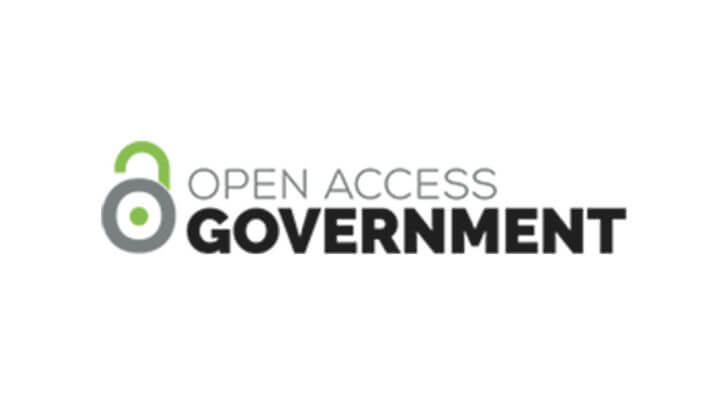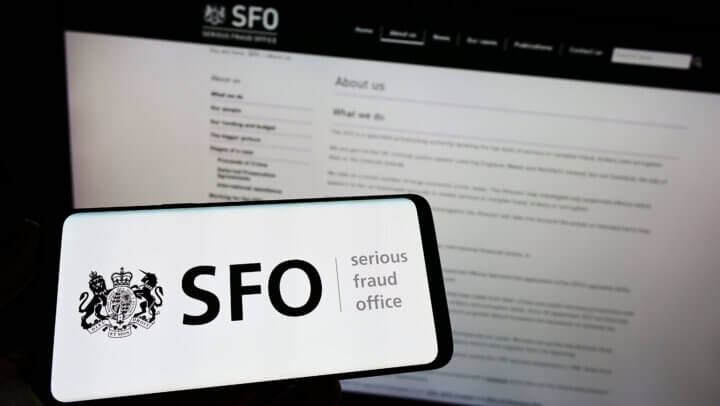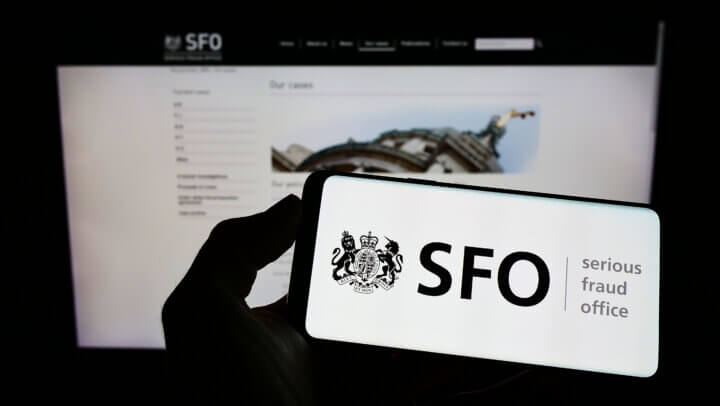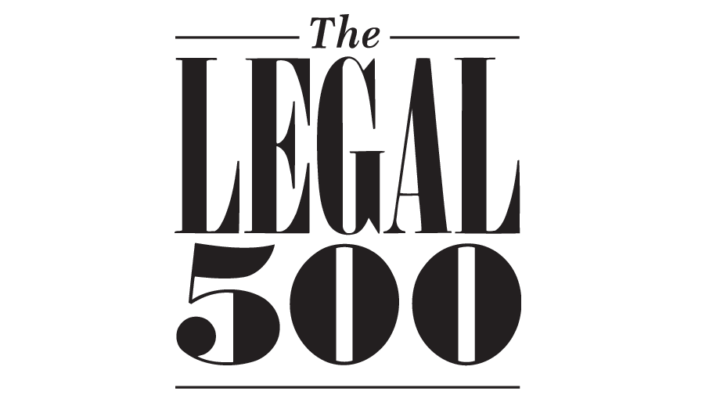BCL partner John Binns and associate Suzanne Gallagher’s article discussing the the prosecution of a bishop for selling a supposed COVID-19 cure has been published by Open Access Government.
Here’s an extract from the article:
The boundaries of justiciability
Bishop Climate Wiseman of Kingdom Church recently appeared at Inner London Crown Court on fraud charges following a Trading Standards investigation by Southwark Council. It was reported that he was selling a “plague protection kit”, making untrue and misleading claims related to the efficacy of the kits to “treat, prevent, protect against or cure” COVID-19. Should the matter go to trial, it will raise questions for the Court on the thresholds to be met for fraud and other offences, where religious beliefs are implicated.
English courts have historically been wary of deciding cases that rest on contested assertions about the practices and doctrines of religions. There is a long-held principle that religions should be free from interference by the state in certain matters. Most of the higher court authorities addressing these matters are public law and commercial law cases. In 2014, the Supreme Court provided guidance on when it would be appropriate for a court to adjudicate in a case involving a Sikh sect that was appealed from the Court of Appeal, Civil Division. Could fraud prosecutions involving faith and religious leaders in the context of the COVID-19 pandemic provide for criminal case law precedent?
True or false prophet?
Southwark Council brought charges against Bishop Wiseman under the Fraud Act 2006 and the Consumer Protection from Unfair Trading Regulations 2008 (CPUTRs). Court reports indicate that he will contest the prosecution. In a blogpost alleged to be written and posted by the defendant, he claims the remedy was based on a passage from chapter 14 of the Old Testament Book of Leviticus. The Bishop is quoted as saying “This is based on the Bible – I’m a Christian, and there is a way that the Bible says to protect us from plagues.” He pleaded not-guilty, denying any dishonesty and asserting his freedom to practise his religion.
Dishonesty and diligence
Depending on the particular facts of any case, selling a COVID-19 ‘cure’ could be considered fraud by false representation (Section 2, Fraud Act 2006), an unfair commercial practice (contrary to the CPUTRs), and/or a breach of the Human Medicines Regulations 2012 (HMRs). Under the Fraud Act, the defendant must have intended either to make a gain, cause a loss or expose somebody else to the risk of a loss. Furthermore, the Defendant must have been dishonest. When dishonesty is in question, it is determined by the objective standards of ordinary decent people.
Offences under the CPUTRs and HMRs are generally easier to prove. The former is committed if the seller breaches the requirements of ‘professional diligence’ (either recklessly, or without due regard for such standards), or in a number of specific cases, which include ‘falsely claiming that a product is able to cure illnesses’. Offences under the HMRs are committed (with limited exceptions) where the product has not been licensed.
Legal doctrine
The English criminal courts have seen an attempted prosecution for fraud involving statements of religious beliefs. In March 2014, Thomas Phillips brought a private prosecution against Thomas Monson, the President of the Church of Jesus Christ of Latter-Day Saints (based in Salt Lake City, USA). Mr Phillips alleged that Mr Monson had committed an offence when asking Church members to make financial contributions (‘tithing’) based on theological doctrines that were, he alleged, untrue or misleading.
The Summons singled out the assertion that the Book of Mormon was “translated from ancient gold plates by Joseph Smith [and] is the most correct book on earth” as an untrue or misleading claim. It was argued that a fraud case could be brought as the doctrines in question were statements, the truth of which, it was argued, could be determined by the court.
Following a hearing at Westminster Magistrates Court, Chief Magistrate DJ Riddle directed that the summons be withdrawn, concluding that the complaint of dishonest doctrinal claims was too tenuous a basis on which to found a fraud prosecution. In his published remarks, he stated that issues of the truth or falsity of religious doctrine were non-justiciable.
This article was published by Open Access Government on 21/10/21. You can read the full version on their website here.




